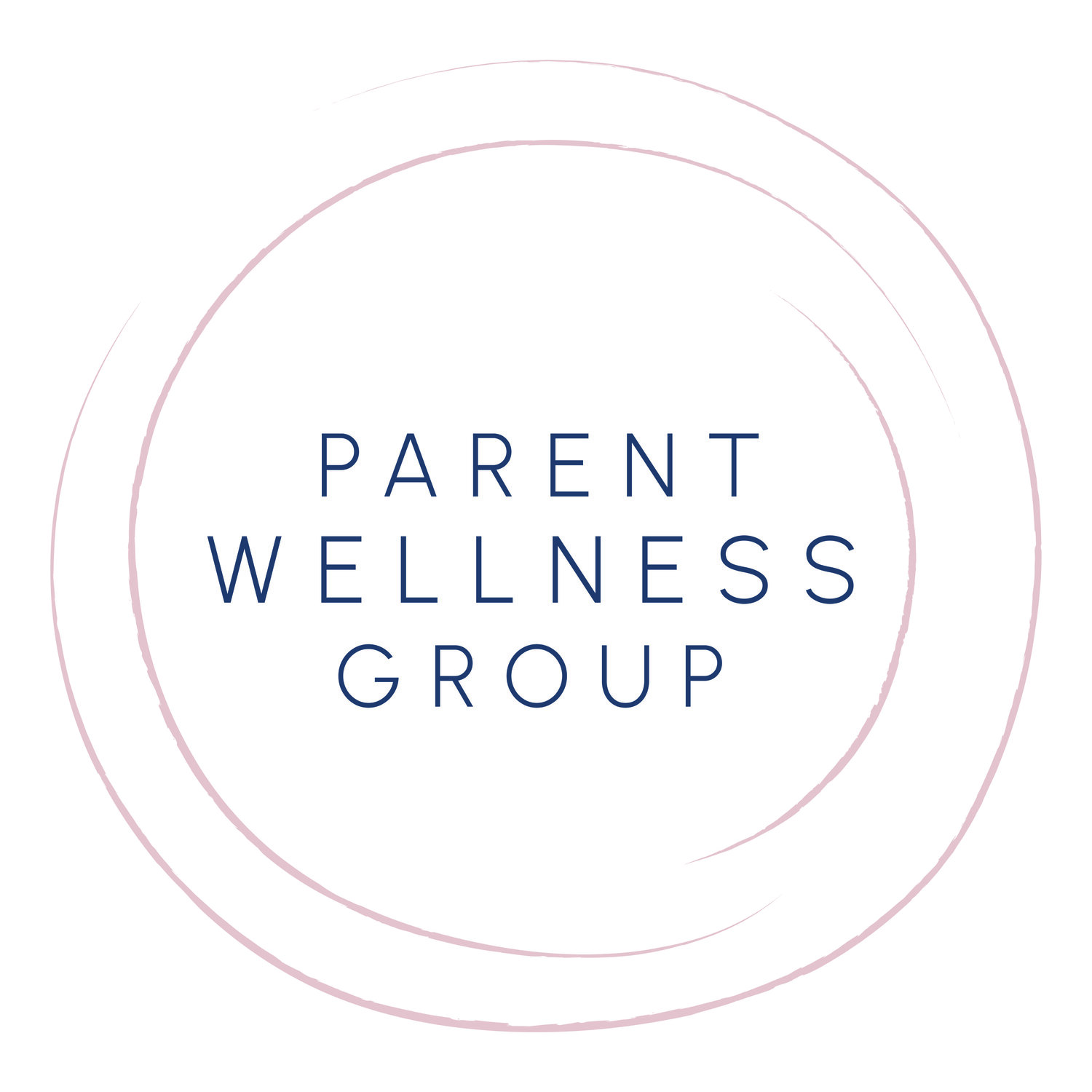CBT vs. DBT for Postpartum Parents
If you’re a new parent trying to hold it all together, and your brain just won’t turn off—or your emotions feel bigger and messier than you expected—you’re not alone.
You might be feeling anxious about doing everything “right,” overwhelmed by responsibilities, or constantly second-guessing yourself. Maybe your mood swings feel out of control, or you find yourself snapping one moment and shutting down the next. You want to feel like you again—but you’re not sure where to start.
That’s where therapy can help. And if you’ve heard of CBT or DBT and thought, “I have no idea what those mean,” let me walk you through it—especially through the lens of parenthood.
What Is CBT?
CBT (Cognitive Behavioral Therapy) helps you understand the connection between your thoughts, emotions, and actions. When you're stuck in self-critical thinking or spiraling with worry—like “I’m not doing enough” or “I’m a bad parent”—CBT helps you recognize those patterns and challenge them gently.
It’s especially helpful for postpartum anxiety, intrusive thoughts, perfectionism, or that constant mental loop of “what ifs.”
What Is DBT?
DBT (Dialectical Behavior Therapy) is rooted in CBT, but it goes a bit deeper into the emotional side. DBT is especially helpful for parents who feel emotionally overwhelmed, reactive, or like their nervous system is always on edge.
If you’ve felt like your emotions are “too much,” you cry more than you expected to, or you’ve snapped at people you love and then felt awful about it—DBT might feel really validating. It helps you learn skills to regulate your emotions, tolerate distress, and improve how you communicate in your relationships.
DBT also emphasizes self-compassion and acceptance, which is so important in a season where your identity, energy, and needs are all shifting.
So Which One Should You Try?
The good news? You don’t have to choose on your own. Many therapists use a combination of approaches—adapting them to what you need in the moment.
What matters most is that you feel supported, understood, and that therapy helps you move through this postpartum season and all of parenthood with more confidence and less guilt.
What to Ask on a Consultation Call
If you're thinking about starting therapy, here are a few gentle questions you can ask to help you decide if it’s a good fit:
“Do you have experience working with postpartum parents?”
“How do you use CBT or DBT in sessions?”
“I’m feeling emotionally overwhelmed—how would you help with that?”
“Do you provide tools, or more space to talk—or a mix of both?”
You Don’t Have to Hold It All Alone
Whether you're three weeks, nine months or several years postpartum, your mental health matters. You deserve support that goes beyond the 6-week checkup and holds space for you, not just your child.
If you’re feeling anxious, disconnected, or just stretched thin—we’re here. Let’s talk about how therapy can help you feel more grounded, more resourced, and more like you again.
